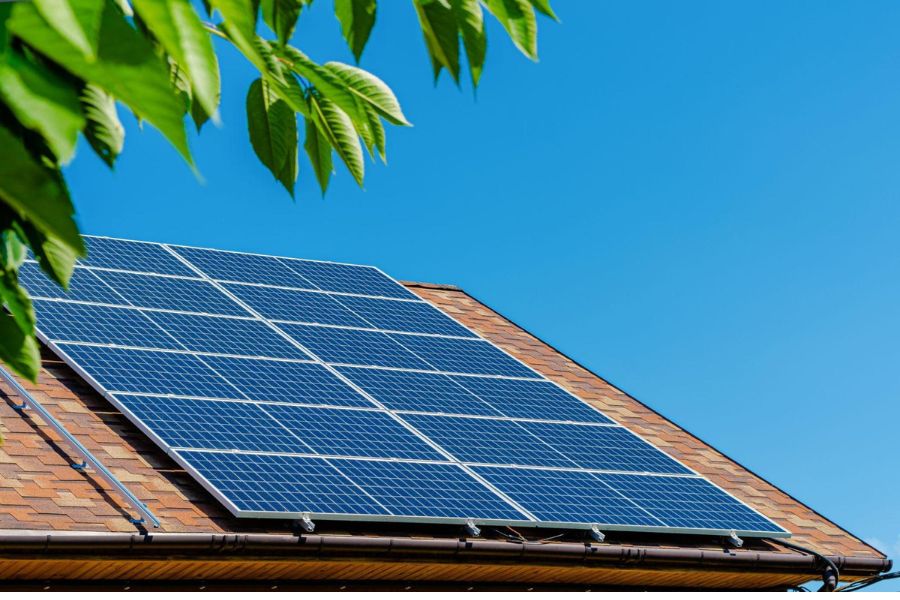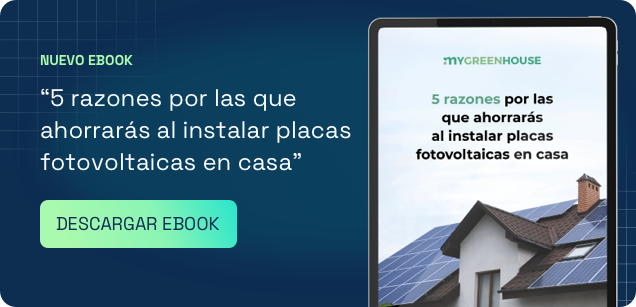Electricity plays a fundamental role in our daily lives, but it’s also the largest fluctuating household expense, as well as the biggest source of CO₂ emissions.
Finding ways to reduce electricity consumption not only reduces the cost of your monthly electricity bill, but it’s also vital if you’re looking for greater sustainability and energy efficiency.
Is it possible to live the same way, while spending less and saving energy?
Here’s the big question: Is it possible to save electricity without giving up our daily comforts?
Well, this isn’t a simple question, especially if we take into account that, according to the IDAE (Institute for Energy Diversification and Saving), the average Spanish household spends 1000 euros annually on electricity.
However, saving electricity is actually easier than it sounds. All you have to do is:
- Be aware of how you consume energy and on what.
- Have a correct mindset
- Establish habits to prevent energy waste.
Some of the habits we should consider are very obvious. Some examples are turning off the lights when you’re not using them, disconnecting equipment when you go on holiday, keeping the heating between 18 and 22 degrees, checking and improving the insulation of your home to prevent heat loss, choosing energy-efficient appliances, and using energy consumption during the cheapest hours of the day, among others.
However, we sometimes waste electricity without realising it.
One such example is when we keep the TV or computer switched off, but connected to the mains, with the “red light” on.
This type of energy loss occurs when appliances are on standby, and is popularly known as “vampire energy“; it accounts for up to 5% of the total consumption in Spanish households.
Prevent energy wastage with these 6 simple tips
- Replace your halogen, fluorescent and conventional bulbs with LEDs. LED lighting is more efficient and environmentally friendly, as its bulbs are recyclable. In addition, LEDs don’t give off heat (which prevents energy wastage) and have a significantly longer lifespan than traditional bulbs.
- Buy energy-efficient appliances. When it’s time to replace your fridge, washing machine, dishwasher or any other household appliance, look for models with the top energy rating (A) and look at their specific electricity usage data. This is one of the easiest ways to save on your electricity bill.
- Unplug or switch off electronic devices when they aren’t in use. A simple action such as unplugging a television, video game console, computer, or microwave can be the key to keeping your electricity consumption down. Why? Because many household appliances continue to use electricity when they’re on standby, even when they aren’t in use.
- Check your electricity bill. Periodically checking your electricity bill will tell you what rate you’re being charged, and whether you should switch to another tariff. In addition, it’s worth comparing the contracted power and the real consumption so that both can be adjusted, thus preventing unnecessary waste. Since decreasing the contracted output can be a double-edged sword, the smart thing to do is to always look for the right balance.
- Make sustainability part of your daily life. Being sustainable means making some changes in your daily life, such as using reusable bags, washing dishes with cold water, recycling, reducing the use of plastics, shopping responsibly, using public transport, etc. It’s simple! You’ll save energy, and, in the long run, it will benefit your health, your wallet, and the environment.
- Invest in renewable energies. Sustainability, energy efficiency, and savings are three concepts that we inevitably associate with renewable energies, which have established themselves as a safe and environmentally-friendly investment for the future. In fact, installing solar panels is one of the best options to control the electrical energy we consume in the home and to reduce electricity wastage.
If you’re considering changing to self-consumption, at My Green House we’ll give you the necessary advice to make it happen.
We are professionals in the sector and we handle the entire process (initial survey, planning, contact with suppliers, search for subsidies, installation of photovoltaic panels, revisions, maintenance, etc.). We’re looking forward to hearing from you!



